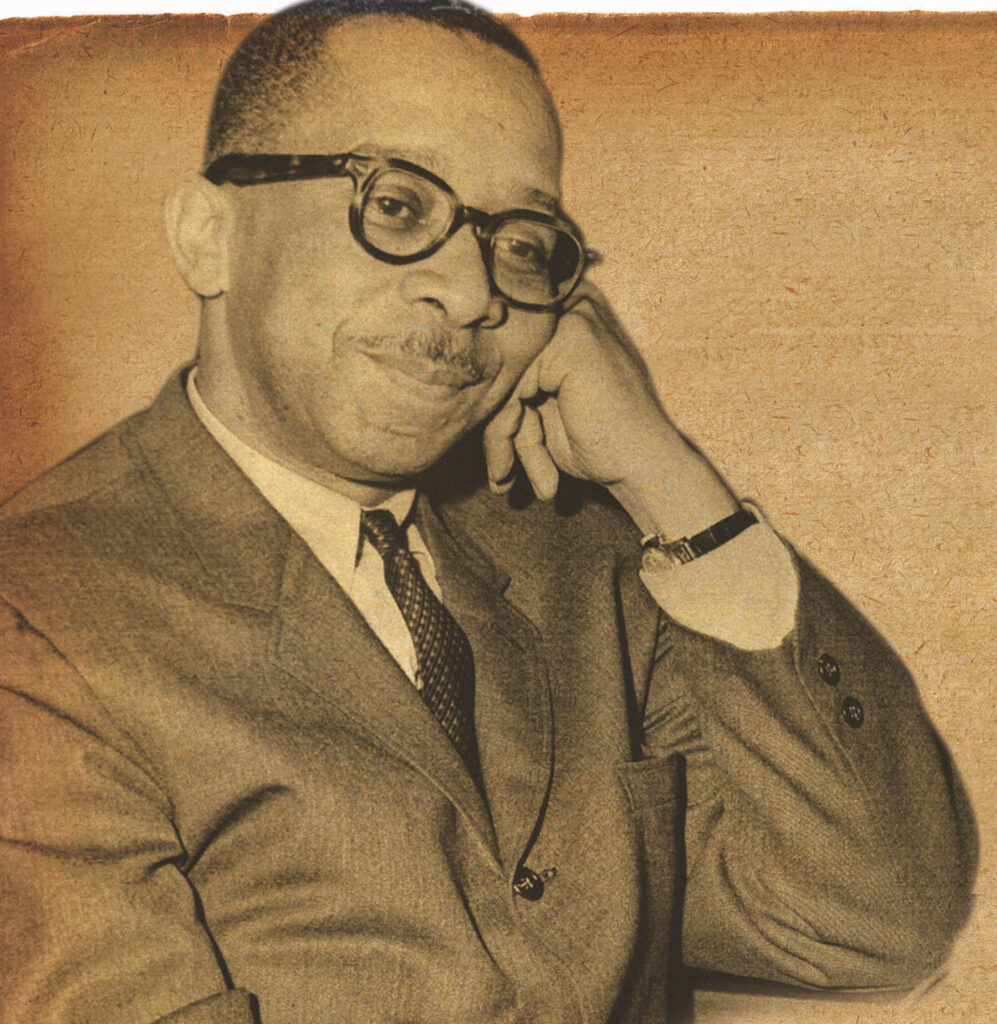
In a career that spanned half a century, Dr. Kenneth B. Clark was one of America’s towering figures in the social sciences. Considered one of the most influential psychologists of the 20th century, Dr. Clark confronted racism, inequity and injustice in both the profession and the larger social world – and prevailed. A pioneer of the civil rights movement, Clark will be forever remembered as the “doll man” for studies he and wife Dr. Mamie Phipps Clark, another prominent researcher, conducted on the psychological consequences of racial segregation on African American children.
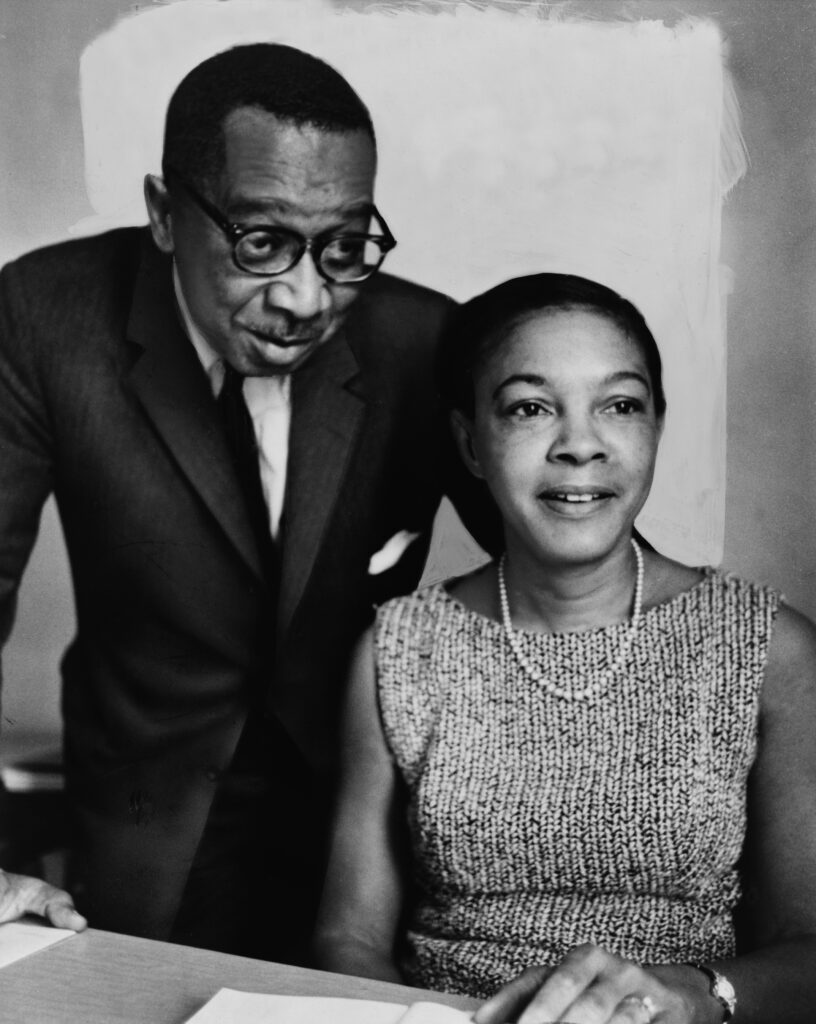
(Photo courtesy of the Library of Congress)
Together with the National Association for the Advancement of Colored People (NAACP) Legal Defense Fund, their studies on the effects of racism on the identity and self-esteem of school children was influential in the landmark United States Supreme Court ruling in Brown vs. Board of Education which declared segregation in public schools unconstitutional.
In a long and distinguished career Dr. Clark amassed many accomplishments and broke down many barriers. As a scholar and activist he was a man of many firsts: the first African American to earn a doctorate in experimental psychology from Columbia University (1940); first African American professor to gain tenure, full professorship and later, Distinguished Professor status, anywhere in the City University of New York (CUNY), which he earned at the City College; the first African American elected to the New York State Board of Regents; and in 1971, the first African American president of the American Psychological Association (APA).
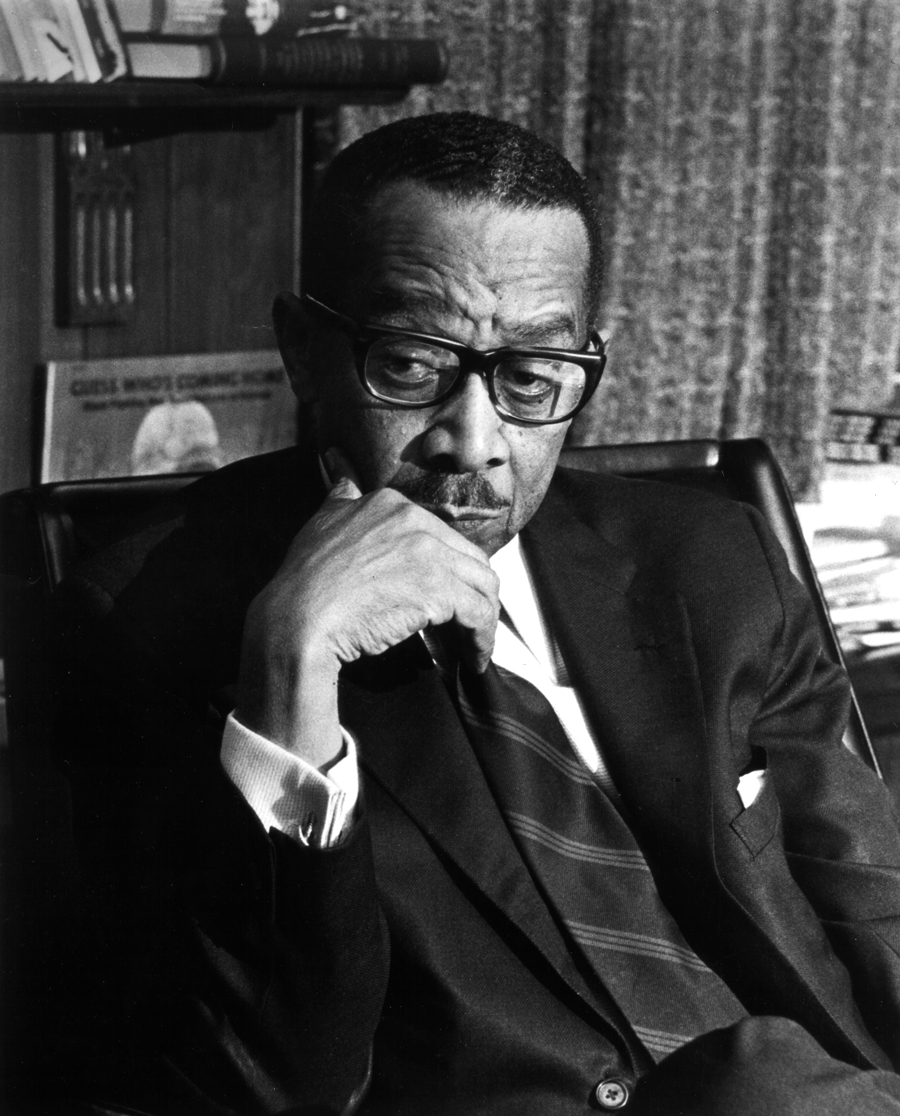
(Photo courtesy of the Library of Congress)
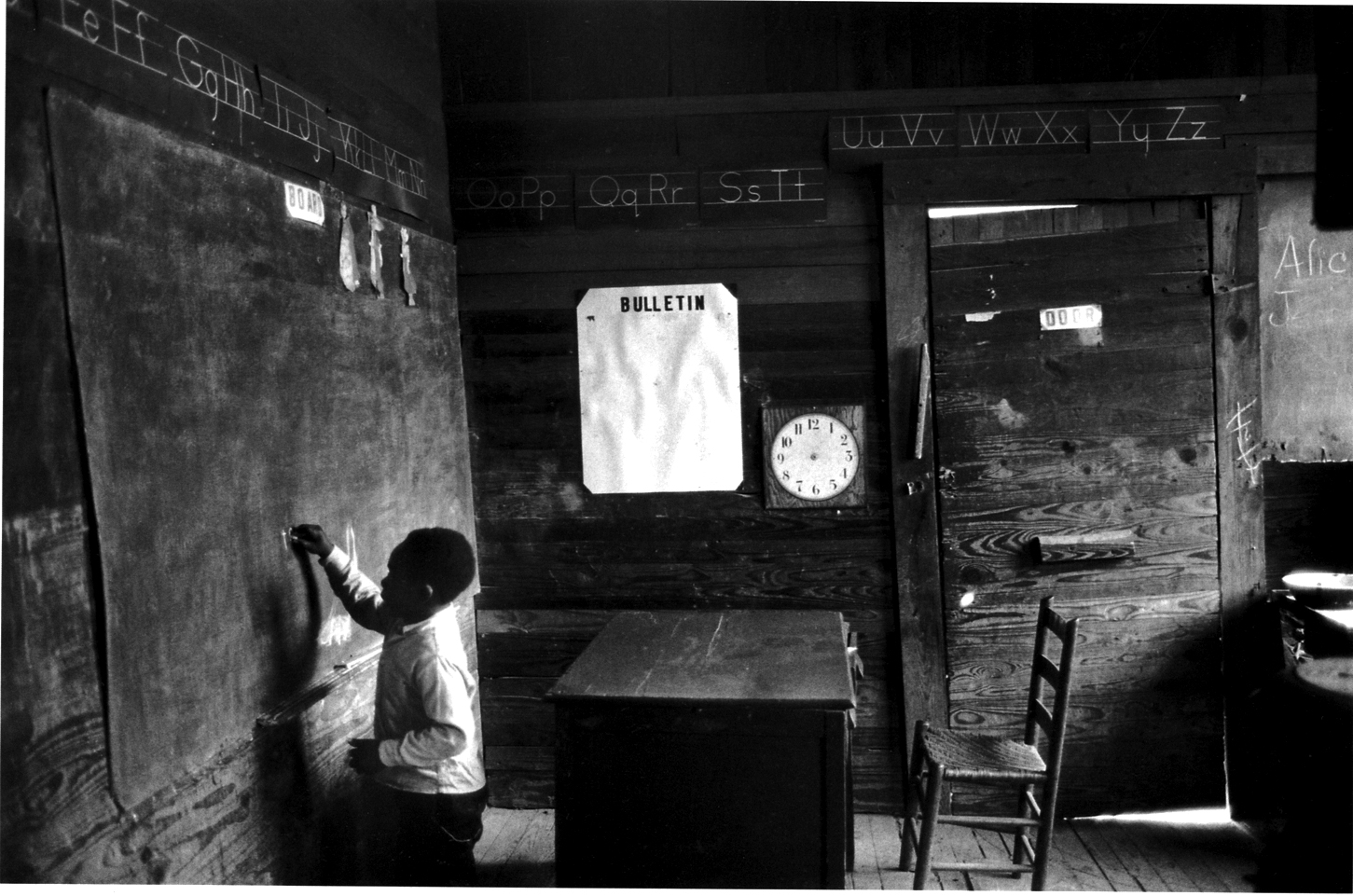
(Davidson, Time of Change; photo courtesy of Bruce Davidson)
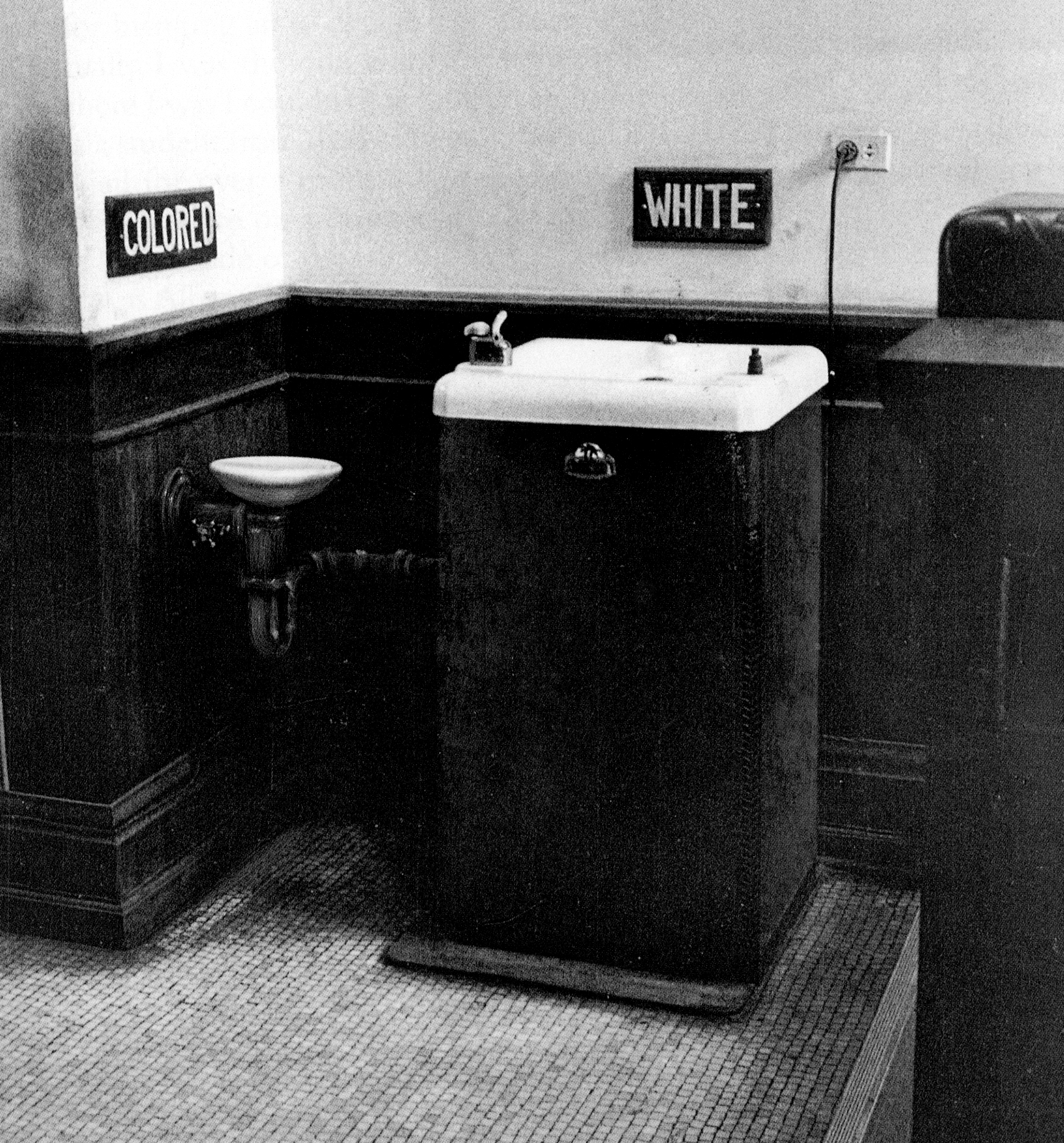
(Lyon, Memories of the Southern Civil Rights Movement; photo courtesy of Danny Lyon)
The recipient of numerous awards and twenty-five honorary doctorate degrees, Dr. Clark was also a prolific writer of such classics as: Prejudice and Your Child (1955); Dark Ghetto: Dilemmas of Social Power (1965); A Relevant War Against Poverty: A Study of Community Action, coauthored with Jeannette Hopkins (1969); and The Pathos of Power (1974).
Recognizing the enormity of Dr. Clark’s contributions, his uncompromising focus and the intensity of his efforts, the CCNY Libraries present this exhibition to bring into focus Dr. Clark’s life as a fighter for racial and social justice.
Coinciding with the 55th anniversary of the Brown v. Board of Education decision, the exhibit concentrates on seven areas: the making of a social activist; the legacy of Dr. Mamie Phipps Clark; the City College years (1942-1975); Northside Center for Child Development; the doll study and testing; the Brown v. Board of Education decision; and the War on Poverty in Harlem.
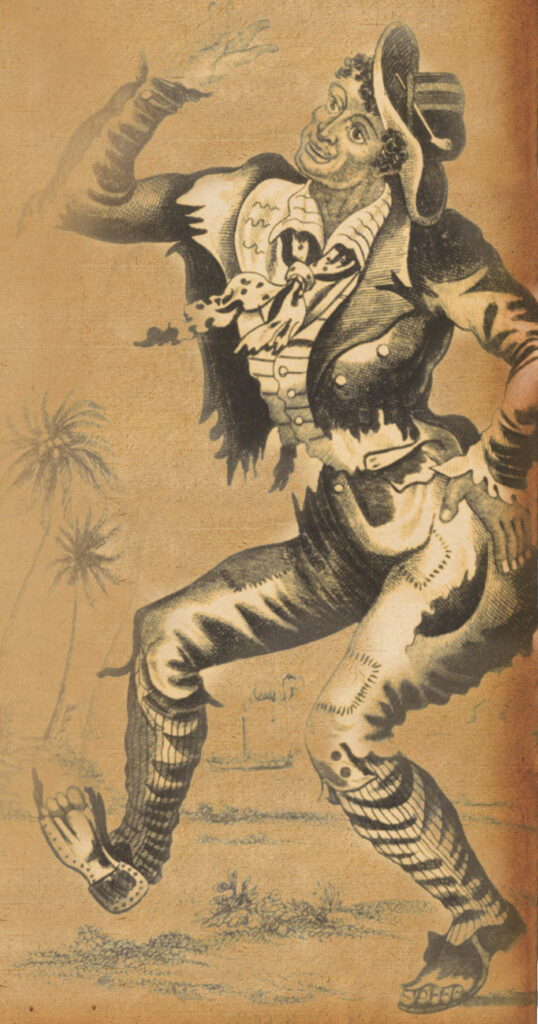
Thomas Dartmouth “Daddy” Rice, a white minstrel performer in Blackface (skin darkened with burnt cork to appear African American) who popularized the phrase “Jump Jim Crow,” a derogatory song-and-dance caricature stereotyping African Americans in 19th century minstrel shows. This derogatory term was eventually used to describe and enforce “Black Codes” (segregation laws, rules and customs) after Reconstruction. The Jim Crow era (1877-1960s) took away many of the rights which had been granted to African Americans through the 13th, 14th, and 15th Amendments. Drs. Mamie and Kenneth Clark, through social science evidence, spent their lives’ work demonstrating the harmful effects of segregation on African American children.

